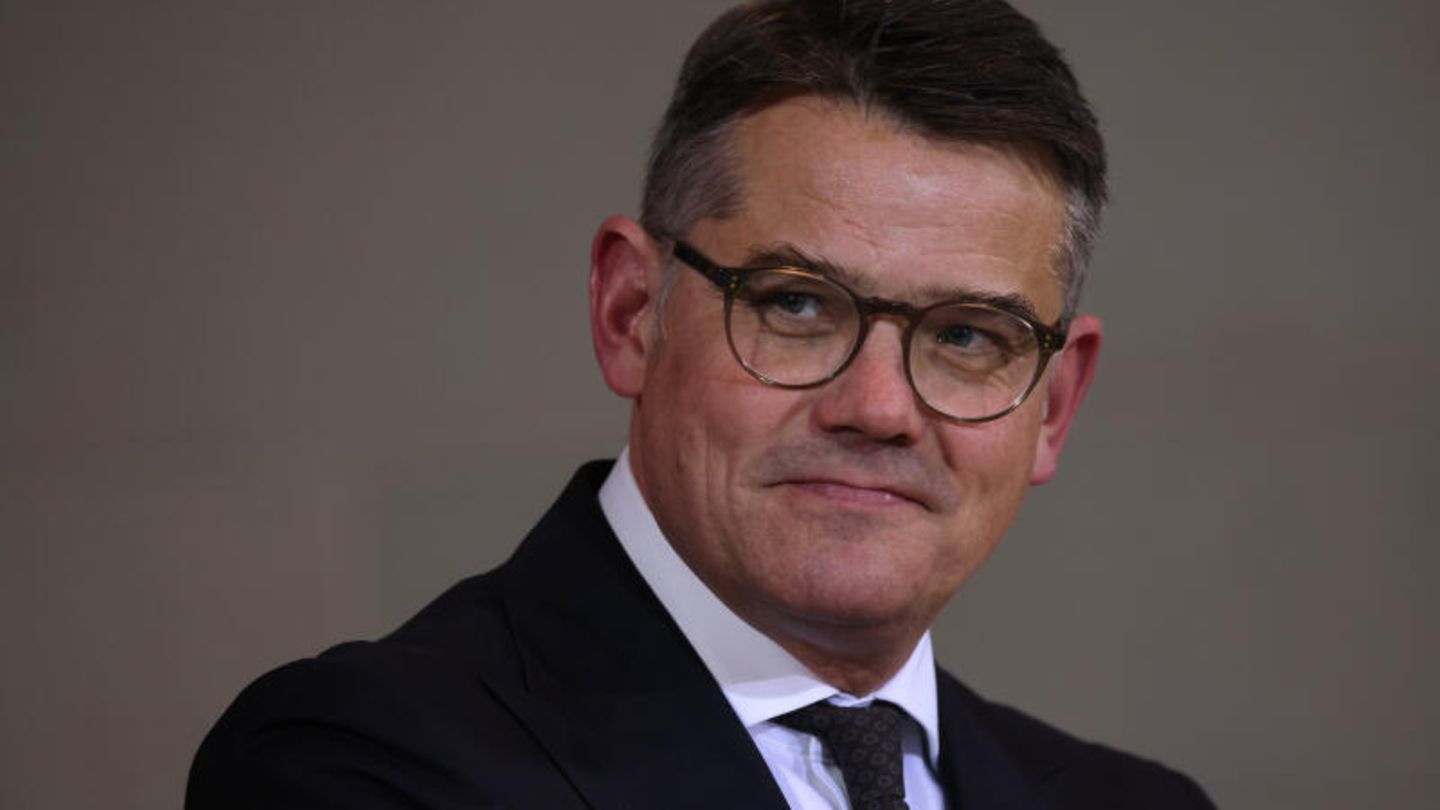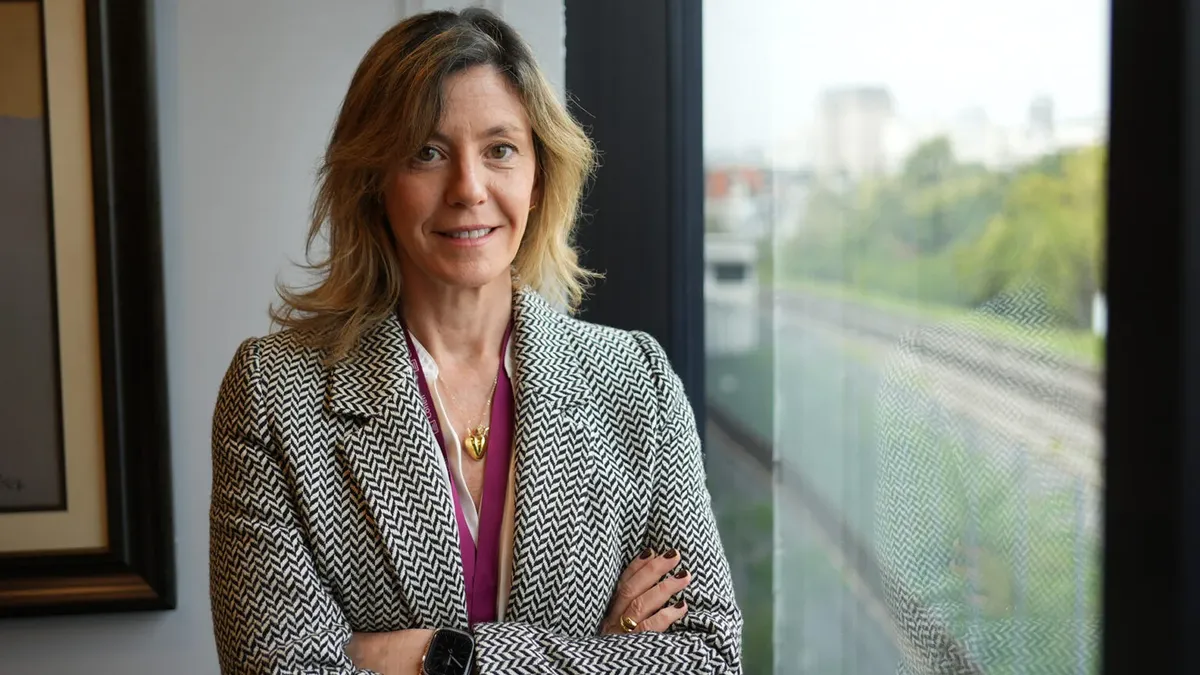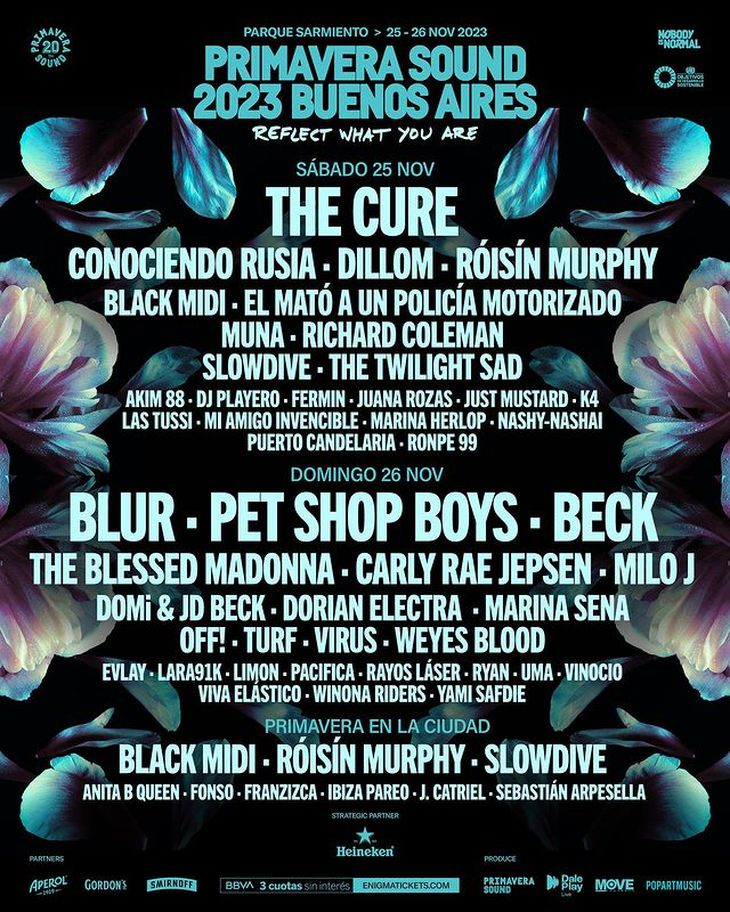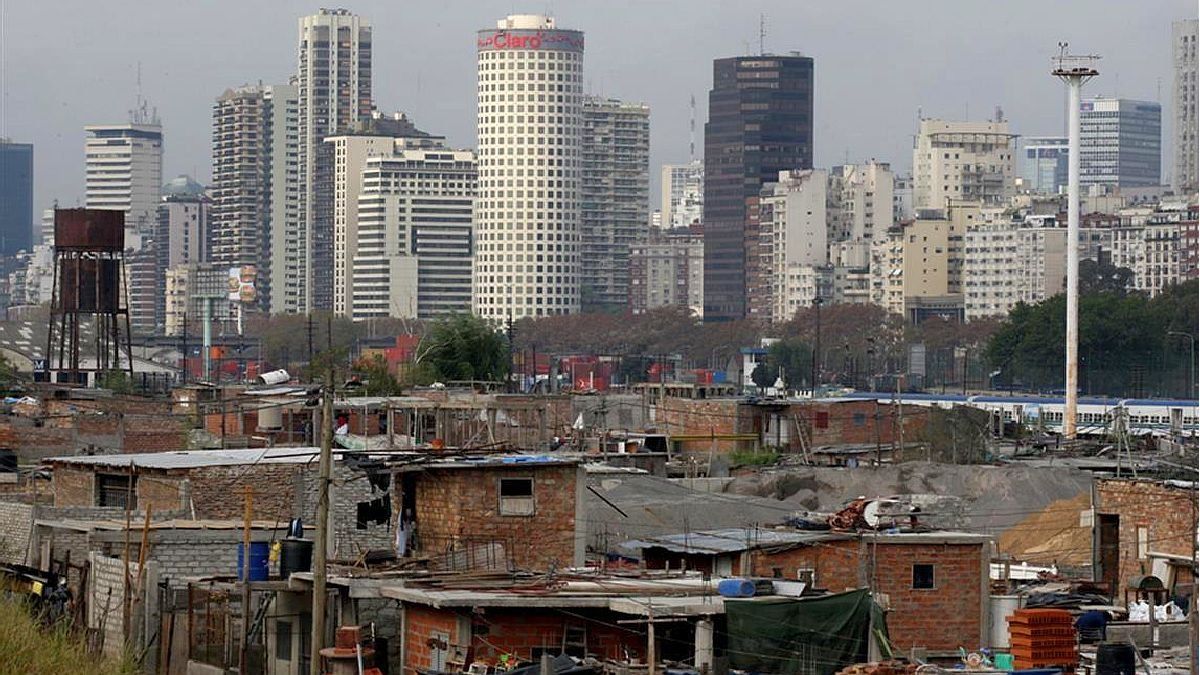Political change in Hesse: The Hessian CDU wants to change its government partner after ten years of black-green politics. The new duo must first negotiate a coalition agreement.
After a good decade of black-green politics, the Hessian CDU is seeking a political change to a coalition with the SPD. CDU state leader and Prime Minister Boris Rhein announced this on Friday in Wiesbaden and justified the change with greater agreement on content with the Social Democrats. The SPD has been pushing the opposition bench for about a quarter of a century and, with its top candidate and Federal Interior Minister Nancy Faeser, lost significantly in the state elections on October 8th.
Rhein said: “We as the CDU want to attempt to form a government in Hesse with the SPD, with the Social Democrats, and work together in a Christian-social coalition for the first time in 70 years.”
The aim now is to write a Christian-social program together with the SPD that combines reason and progress. “A program for common sense in dealing with migration. Prudent, never foaming at the mouth. But with very clear decisions and very clear decisions,” explained Rhein.
The CDU state chairman added that the overlap in content was greater with the Social Democrats than with the Greens. Rejecting the Greens was a “really difficult decision emotionally.” Rhein emphasized: “We didn’t make this decision anything easy for ourselves.” CDU parliamentary group leader Ines Claus made a similar statement and added: “Responsibility also requires the courage to change.”
Political change in Hesse: Faeser rules out return to state politics
Despite the decision for the SPD, its top candidate Faeser does not want to move from the Federal Ministry of the Interior to state politics. She ruled out such a step, she said on Friday in Berlin. “I will remain Federal Minister of the Interior.” She has an important task in the federal government, and the following applies to her: “Always the country first, then the party.” In the evening she will recommend that the SPD committees start coalition talks. There is a good working atmosphere with the CDU, and both parties obviously agree on several important issues for Hesse.
CDU parliamentary group leader Claus named migration, security, education and economic policy as important topics in the talks with the SPD. The CDU also wants to set up its own ministry of agriculture. The Christian Democrats’ decision on a possible partner on the government bench in Wiesbaden had been eagerly awaited for weeks.
Rhein thanked the Greens, the previous coalition partner, for their cooperation. “We have had ten good years.” The Prime Minister added: “We have achieved an enormous amount in these ten years.” They worked very successfully together for Hesse and now want to build on that. The collaboration was characterized by great reliability and dependability.
Merz wishes Rhein “successful discussions”
The CDU federal chairman Friedrich Merz wished Rhein “successful talks” with the SPD after the decision. “For the future, the Greens must work on their ability to compromise and align their policies with reality and not with their ideologies,” he told the “Frankfurter Allgemeine Zeitung”.
Shortly after the state elections on October 8th, the CDU began confidentially exploring overlaps in content for a possible new government alliance in exploratory talks with the Greens and the SPD. Rhein repeatedly emphasized that these discussions were very constructive and in a good atmosphere. Even before the election, the CDU state chairman told the German Press Agency that in addition to the “very constructive, very trusting” alliance with the Greens, he had always maintained contact with the SPD. There are “similar worlds of experience as a people’s party”.
As the clear election winner, the CDU was able to choose whether it would again forge a government alliance with the Greens or with the SPD. The FDP, with whom the CDU also briefly explored, is mathematically not necessary for this. On the SPD side, the former top candidate Faeser began exploratory talks immediately after the election.
The Greens, Social Democrats and Liberals all lost votes compared to the 2018 state elections. The CDU is ruling out cooperation with the significantly stronger right-wing populist AfD. The new 21st Hessian state parliament will be constituted on January 18, 2024.
Source: Stern
I have been working in the news industry for over 6 years, first as a reporter and now as an editor. I have covered politics extensively, and my work has appeared in major newspapers and online news outlets around the world. In addition to my writing, I also contribute regularly to 24 Hours World.




